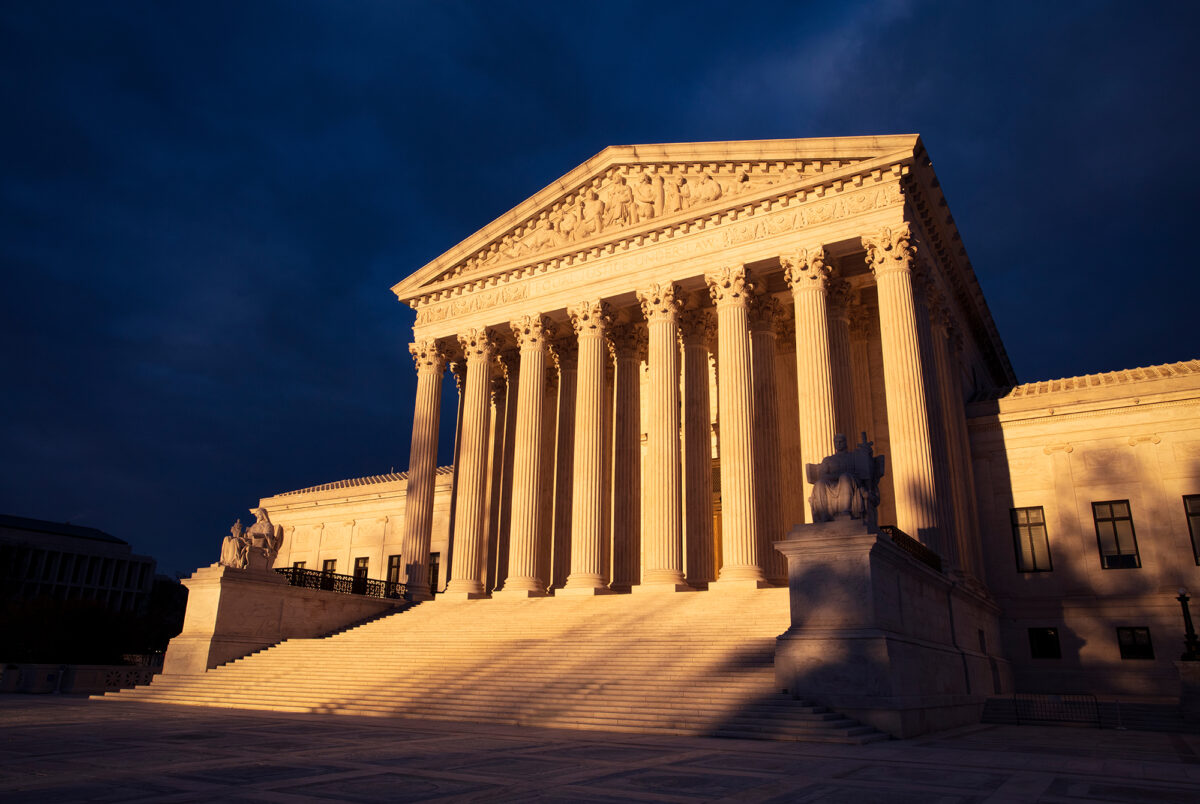- Membership
- Perks and Discounts
- Things To Do
- Resources
- News
- About
- Shop
Related Content
Catering on the Move
July 24, 2024
For years, Beau Catering came to you. Now you can go to Beau. The successful...
Read MoreThe Go-To Guy
July 24, 2024
When New York legalized recreational use of marijuana, lawyer Jeffrey Hoffman ’92 (’98 JD) found...
Read MorePit-y Party
July 24, 2024
Carolina’s favorite bricks and steps came about as something of an afterthought, then quickly became...
Read More-
2024
-
2023
-
2022
-
2021
-
2020
-
2019
-
2018
-
2017
-
2016
-
2015
-
2014
-
2013
-
2012
-
2011
-
2010
-
2009
-
2008
-
2007
-
2006
-
2005
-
2004
- Academics and Athletics
- Admissions
- Alumni Profiles
- Alumni Recognition
- Around Town
- Arts
- Books
- Campus Profile
- Campus Safety
- Carolina Alumni Awards
- Carolina Alumni Leadership
- Carolina Alumni Programs and Outreach
- Carolina Alumni Reunions
- Carolina Alumni Review
- Celebrations
- Championships
- College and Costs
- Commencement
- Coronavirus
- Discovery
- Extracurricular
- Faculty
- Faculty Awards
- For the People
- Go Heels
- Greek Life
- Hark the Sounds
- Higher Education
- Homecoming
- In Class
- In Memoriam
- Innovation and Technology
- Issues
- Object Lesson
- On View
- Our Treescape
- Philanthropy
- Podcast
- Public Service
- Race and Reckoning
- Research
- Sexual Assault
- Silent Sam
- Sports
- Structures
- Student Achievement
- Students
- Timelines
- Tuition and Financial Aid
- UNC Libraries
- UNC’s History
- Undergraduate Spotlight
- University Achievements
- University Awards
- University Budget Issues
- University Development
- University Leadership
- University News
- University Rankings
- What We Do
- Who We Are
- Young Alumni
- Yours at Carolina
Supreme Court Restrains Race Consideration in UNC Admissions
Posted on June 29, 2023
The U.S. Supreme Court has struck down admissions programs at UNC and Harvard University. (Photo: iStock)
This article was updated at 2:39 p.m., June 29, 2023.
The U.S. Supreme Court has struck down admissions programs at UNC and Harvard University that relied in part on racial considerations, saying they violate the 14th Amendment’s equal protection clause of the Constitution.
In a 6–3 ruling split along ideological lines, Chief Justice John Roberts Jr. wrote the majority opinion, saying the admissions programs at Harvard and UNC “lack sufficiently focused and measurable objectives warranting the use of race, unavoidably employ race in a negative manner, involve racial stereotyping and lack meaningful end points.”
Roberts wrote that the majority opinion doesn’t prohibit “universities from considering an applicant’s discussion of how race affected his or her life, be it through discrimination, inspiration, or otherwise.”
Some legal experts and university officials predict the decision will lead to a sharp drop in Black and Hispanic students at elite and public universities nationwide. In the dissenting opinion, Justice Sonia Sotomayor, who has said her Latin American descent is an example of how affirmative action programs can work, wrote, “Equal educational opportunity is a prerequisite to achieving racial equality in our Nation,” and the court, with its ruling, was “further entrenching racial inequality in education.”
The decision linked two cases brought in 2014 by the advocacy group Students for Fair Admission, asking the court to revisit decades-old precedents that allow universities to consider race in a limited way when making admissions decisions.
In response to the ruling, Chancellor Kevin Guskiewicz said in a statement, “Carolina remains firmly committed to bringing together talented students with different perspectives and life experiences and continues to make an affordable, high-quality education accessible to the people of North Carolina and beyond. While not the outcome we hoped for, we will carefully review the Supreme Court’s decision and take any steps necessary to comply with the law.”
After oral arguments at the Supreme Court in Washington, D.C., in October, Guskiewicz said the case “was about the value of diversity, a fundamental value that is core to our mission at Carolina.” The Carolina Alumni Review reported on the arguments.
In a statement released later in the day, Guskiewicz said, “Our leadership team will need time to thoroughly review the details of this outcome and its potential impact before determining specifically how we will comply with this decision. In the coming weeks, we will communicate our plans with the campus community.”
UNC Board of Trustees Chair Dave Boliek Jr. ’90 said in a statement, “On behalf of the people of our state, we will work with the administration to ensure that the University of North Carolina at Chapel Hill complies fully with today’s ruling from the nation’s highest court. We intend for America’s oldest public university to keep leading.”
The Review will publish a feature in its September/October issue looking into the aftermath of the ruling and what it means for UNC.
© 2024 Carolina Alumni
